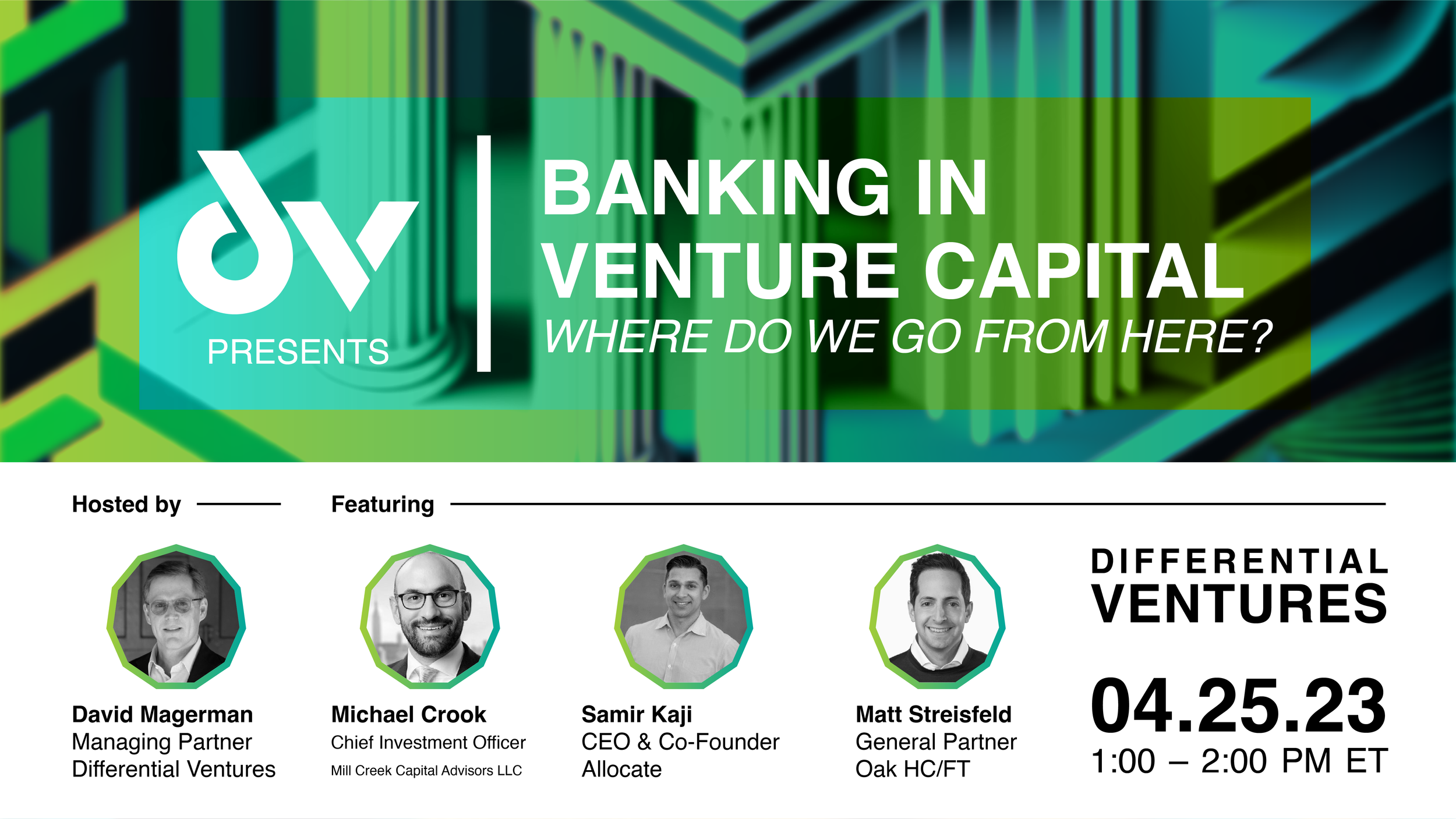Invest in Quantum Computing Research NOW!
By David Magerman, PhD
The following dichotomy complicates the decision on whether or not to invest in quantum computing: quantum computing will revolutionize the landscape of high-powered computing in every industry that depends on number-crunching; quantum computing hardware is years away from being broadly available and affordable. Quantum computers are inevitable, and their game-changing nature makes it imperative that businesses invest in developing in-house expertise. When quantum computers become as ubiquitous as classical computers* are today, any company that doesn’t have a grasp on how quantum computing will revolutionize their industry’s use of software will be left in the dust by those that do. Furthermore, as existing cloud quantum computers grow in power, more current problems that are intractable on classical computer architectures become solvable on quantum computers. Therefore, companies need to invest in quantum computing research now to be adequately prepared for this transition, and venture capital investors should be investing in the software infrastructure necessary for cloud-based quantum computing research.
The current state of quantum computing hardware
The main impediment to the mission-critical use of quantum computing is hardware. The theory behind quantum computers is proven. The physics behind quantum computers is ironclad, and quantum computers of many different sorts have been built on a small scale, from individual qubits to tens of qubits. However, the reality of producing large scale quantum computers remains elusive. There are a number of competing hardware solutions, but none have proven scalable and reliable enough for mission-critical production use.
The basic unit of quantum computing is the qubit, which is the quantum analogue of the bit in classical computing. Whereas classical computers have gigabytes of RAM, equal to 8 billion bits, the largest current quantum computer has 53 qubits.** Individual qubits are far more powerful than classical bits, so far fewer are needed to create powerful programs in the quantum computing realm. Nonetheless, 50 qubits are only enough to solve simple toy problems in quantum computing.
Given the track record of the human ability to translate scientific theory into reality, large scale quantum computers are inevitable. But we don’t have them yet, and that is after years of expensive effort. Aggressive estimates predict hardware solutions in five years. More conservative estimates suggest it may be ten years. Pessimists think it will be longer. But, unless scientists stop trying, history presents compelling evidence that we will eventually have large-scale quantum computers.
* Classical computers are the bit-based computers we have today. Quantum computers are based on qubits, as will be explained.
**D-Wave sells quantum computers with thousands of qubits, but these qubits are unreliable and designed to operate in the regime of so-called quantum annealing to find solutions to optimization problems and are not meant for universal quantum computing.
Why quantum computers are more powerful than classical computers
The power of quantum computers lies in their ability to explore many possible outcomes in a program simultaneously. The source of this power is that, whereas a bit of information is either 1 or 0, yes or no, a qubit represents both values simultaneously. In a bit-based computer, a variable represents a single value. Algorithms trying to solve mathematical problems need to search the entire space of solutions, one at a time, to find an answer. In a qubit-based computer, a variable simultaneously represents all possible values. A single 8-bit variable can represent one of 256 values. An 8-qubit variable represents 256 different values simultaneously.
The value of this difference is hard to explain in broad terms, but the most commonly cited example of its power is in encryption technology, especially encryption that depends on prime factorization. Prime factorization is computationally expensive. Trying to find the prime factors of a 512-bit number, which has 155 digits, would take months on a classical computer. Because a 512-qubit can represent all of these values simultaneously, a quantum computer will be able to solve this problem in a relatively short period of time, using something called Shor’s algorithm.
There is a whole field of computer science research growing around trying to understand how to develop algorithms on quantum computers. There is still a lot of work to do in that area, but there are already many algorithms, like Shor’s algorithm, that prove the power of quantum computers over classical computers. Again, as long as you have faith in human ingenuity, it is inevitable that this list of applications of quantum computers will grow.
The power and limits of quantum computing
Until large-scale quantum computers are generally available, it will be difficult to prove or disprove the impact of quantum computing on solving real-world problems in different industries. Theoretically, there are a growing list of applications of quantum computing algorithms, but they can’t be truly tested until the hardware exists to run them. On the flip side, skeptics are demonstrating the limits of quantum computing, speculating that there are classes of problems which, while seeming to be more efficiently solvable using quantum solutions, will only be marginally more solvable on quantum vs. classical computers.***
Even with algorithms that are known to be made more tractable and efficient on quantum computers, there is clearly enormous potential for quantum computing applications in many industries. Researchers are actively developing machine learning algorithms that will take significant advantage of quantum computers. Optimization problems, as found in supply-chain management, financial asset allocation, drug design, and scheduling, can be significantly simplified and streamlined using quantum computers.
*** Scott Aaronson has written extensively on the topic. See here for an example of his perspective.
How to prepare for the Quantum Computing Revolution
The best thing for companies to do today is to keep pace with their rivals on staying abreast of the developments in quantum computing algorithms. Big banks, investment management firms, pharmaceutical companies, and information technology companies, among others, are hiring the most talented graduates of quantum computing programs around the world, to prepare themselves for the eventuality of quantum computing hardware and software. Even as quantum computing research has grown, there still remains a shortage of talented researchers and software engineers in quantum computing. If you are in an industry that will be most immediately impacted by quantum computing algorithms, you will likely find it difficult to find talented human resources to staff quantum computing research and development groups if you wait too long.
Venture investing in quantum computing
The likely growth of investment in research in quantum computing makes it a great opportunity for investment now for early-stage venture investors. While quantum computing remains in the cloud, there is a significant need for tools to address the difficulties of performing proprietary research and development off-premises. Companies that carefully guard their secrets by locking down their computing environments and shielding them from the Internet will need to learn how to do quantum computing work on the few available cloud-based quantum computers. Investing in those solutions is a great way to gain access to this market. Another great opportunity is to invest in companies that provide quantum computing libraries to jumpstart your nascent efforts in quantum computing research and development.
There may be a reluctance to invest in companies whose revenue is likely to be derived exclusively from research budgets for years to come. But the consistency and growth of those revenues are made more likely by the growing urgency for more companies to gain competence and expertise in the research around quantum computing, in preparation for the eventual and inevitable production use of the technology. And when quantum computing hardware becomes readily available by the masses, the companies that support quantum computing research will shoot in value into the stratosphere.





























